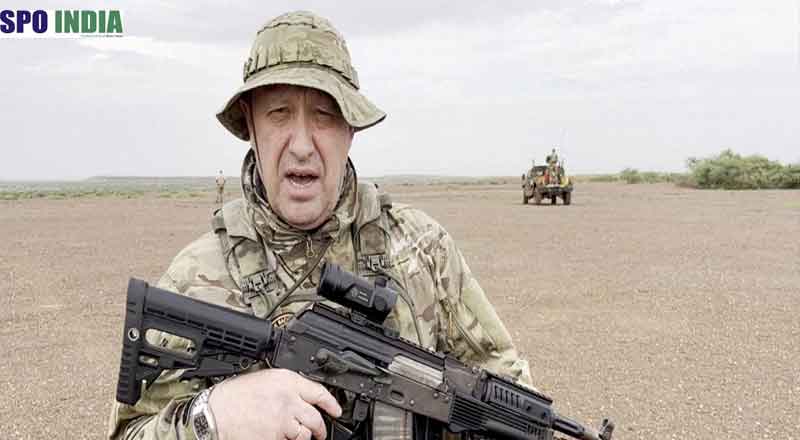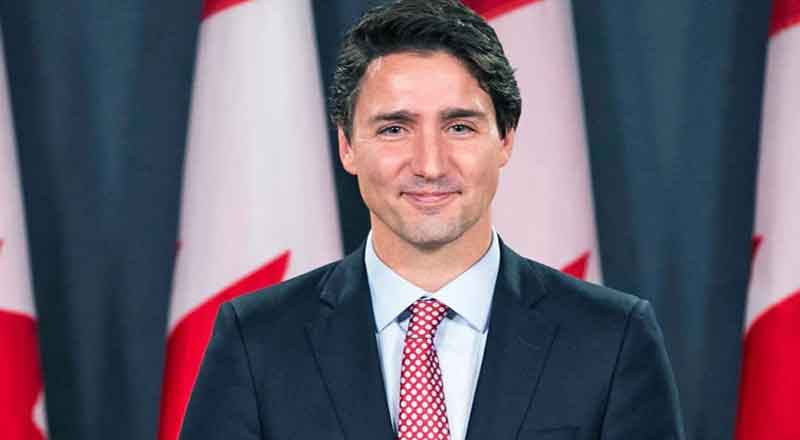- The enmity between Ukraine and Russia has spilled beyond Europe’s borders
- Information from Ukraine led to the death of 50 Russian mercenaries in Mali
- A rebel Malian commander said Russian hostages would be given to Ukraine
The Battle in Northern Mali
Rebel fighters in Northern Mali have killed 50 Russian mercenaries in a battle, marking a significant escalation in the Russia-Ukraine conflict that has now crossed into Africa. A video showing the aftermath of the battle, including a man begging for his life amidst fallen Russians, highlights the brutality of the encounter. The Russians, part of the Wagner Group, were supporting the Malian government when they were ambushed by a rebel group informed by Ukrainian intelligence.
The Role of Ukrainian Intelligence
Reports indicate that information relayed by Ukraine to the Malian rebels led to the deadly ambush of the Wagner Group mercenaries. This is the highest toll of Russian casualties outside the Ukraine conflict. The rebels are also planning to hand over 15 captured Russians to Ukraine, further intensifying the geopolitical ramifications.
The Wagner Group’s Presence in Africa
The Wagner Group, a private Russian paramilitary organization, has been active in Africa for several years, particularly in Mali where the government has been fighting an Islamist insurgency. The group, part of what Russia calls its African Corps, plays a crucial role in extending Russian influence on the continent. Despite their significant role, the group’s future became uncertain after the death of its leader, Yevgeny Prigozhin, last August.
Details of the Ambush
The Russian mercenaries were on patrol with Malian government troops when they were attacked. The rebels destroyed a Russian helicopter and captured tanks and trucks. Notably, Nikita Fedyanin, the editor and owner of the Grey Zone Wagner Telegram channel, was killed in the attack. The Tuareg rebel group and the al-Qaeda affiliate in the Sahel region, JNIM (Jama’at Nusrat al-Islam wal-Muslimin), claimed responsibility for the attack.
Casualties and Hostages
Around 50 Russians and Malian soldiers were killed, and 15 Russians were taken hostage, according to JNIM. Unofficial Russian Telegram channels reported around 80 Russian casualties, marking the biggest loss for Russian paramilitaries in the region. The Kyiv Post published a photo of Malian rebels holding a Russian flag, further emphasizing the symbolic victory for the rebels.
Ukrainian Involvement and Reactions
Andriy Yusov, a representative of Ukraine’s Security Service, confirmed that Ukrainian intelligence provided the necessary information for the successful rebel attack against the Russian mercenaries. He hinted at more such operations in the future, underscoring Ukraine’s commitment to weakening Russian influence beyond its borders.
Prolonged Battle and Rebel Tactics
The battle lasted three days, with rebels using heavy weapons, drones, and suicide vehicles to overpower the Russian and Malian forces. A Telegram account connected to the Wagner group described the relentless attacks and the desperate last stand of the remaining fighters.
Statements from Russian Supporters
Anastasia Kashevarova, a Wagner supporter and military blogger, reported that the Russian forces were outnumbered and ambushed, leading to heavy casualties. She described the battle as unequal, with Wagner fighters and Malian soldiers dying heroically. Videos from the rebels show taunting of captured, half-naked Russian-speaking fighters, adding to the humiliation for the Wagner Group.
Future Implications
The prominence of the Wagner Group in Africa has grown since Russia’s invasion of Ukraine in 2022, as part of Russia’s strategy to challenge Western influence. This incident marks a significant setback for Russian paramilitaries, who have previously suffered losses in Syria and the Central African Republic but not on this scale in Africa. The handover of Russian prisoners to Ukraine could further complicate the geopolitical landscape, making the African continent an increasingly critical theatre in the broader Russia-Ukraine conflict.
(With inputs from agencies)





